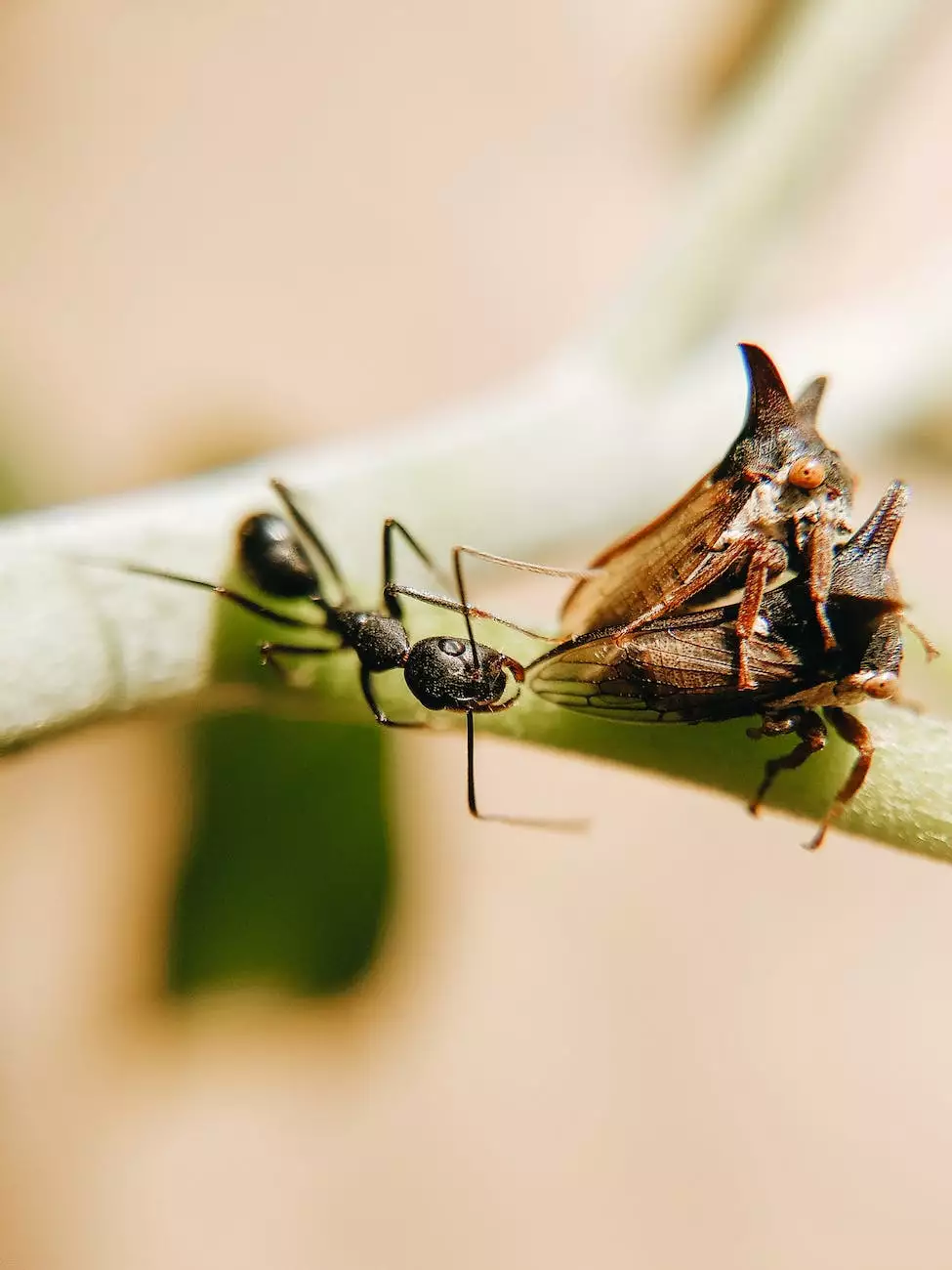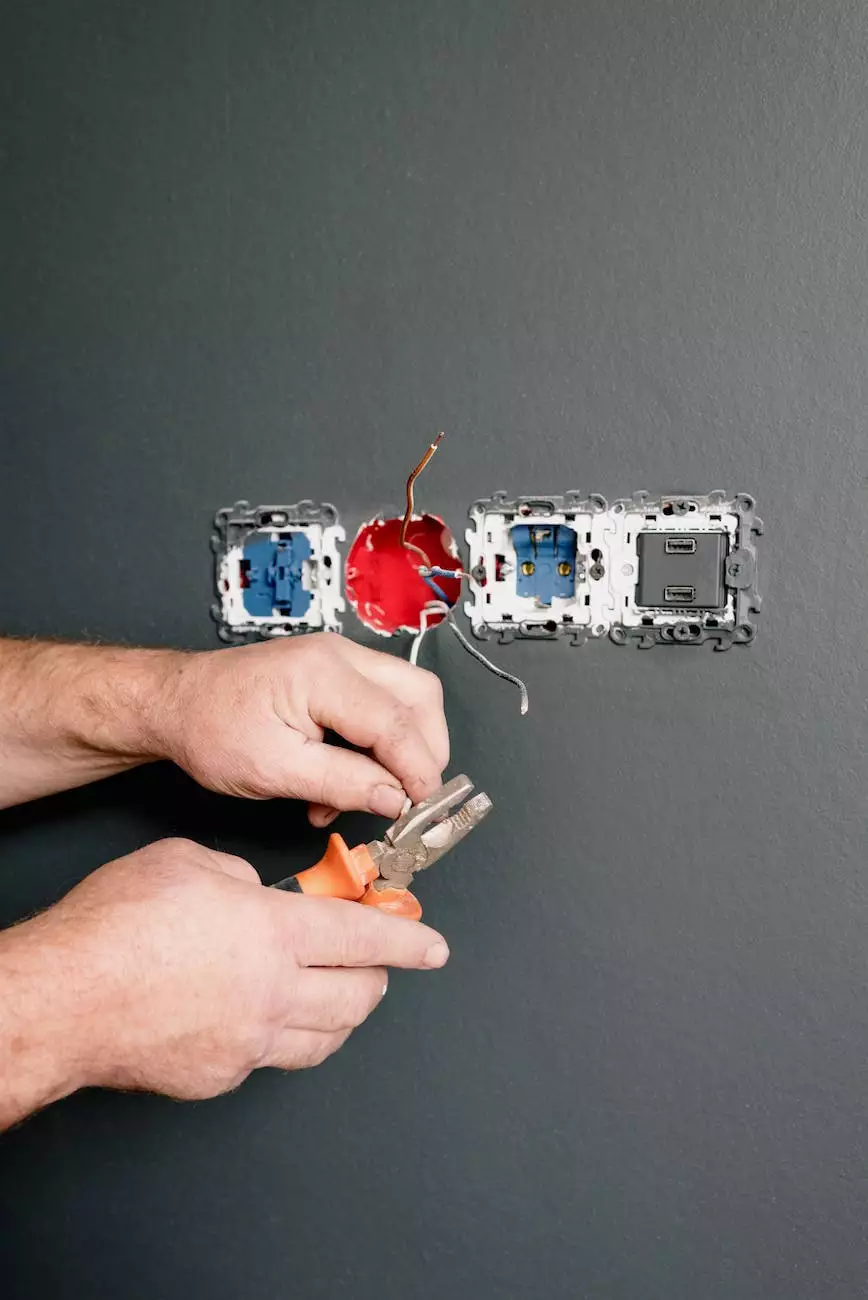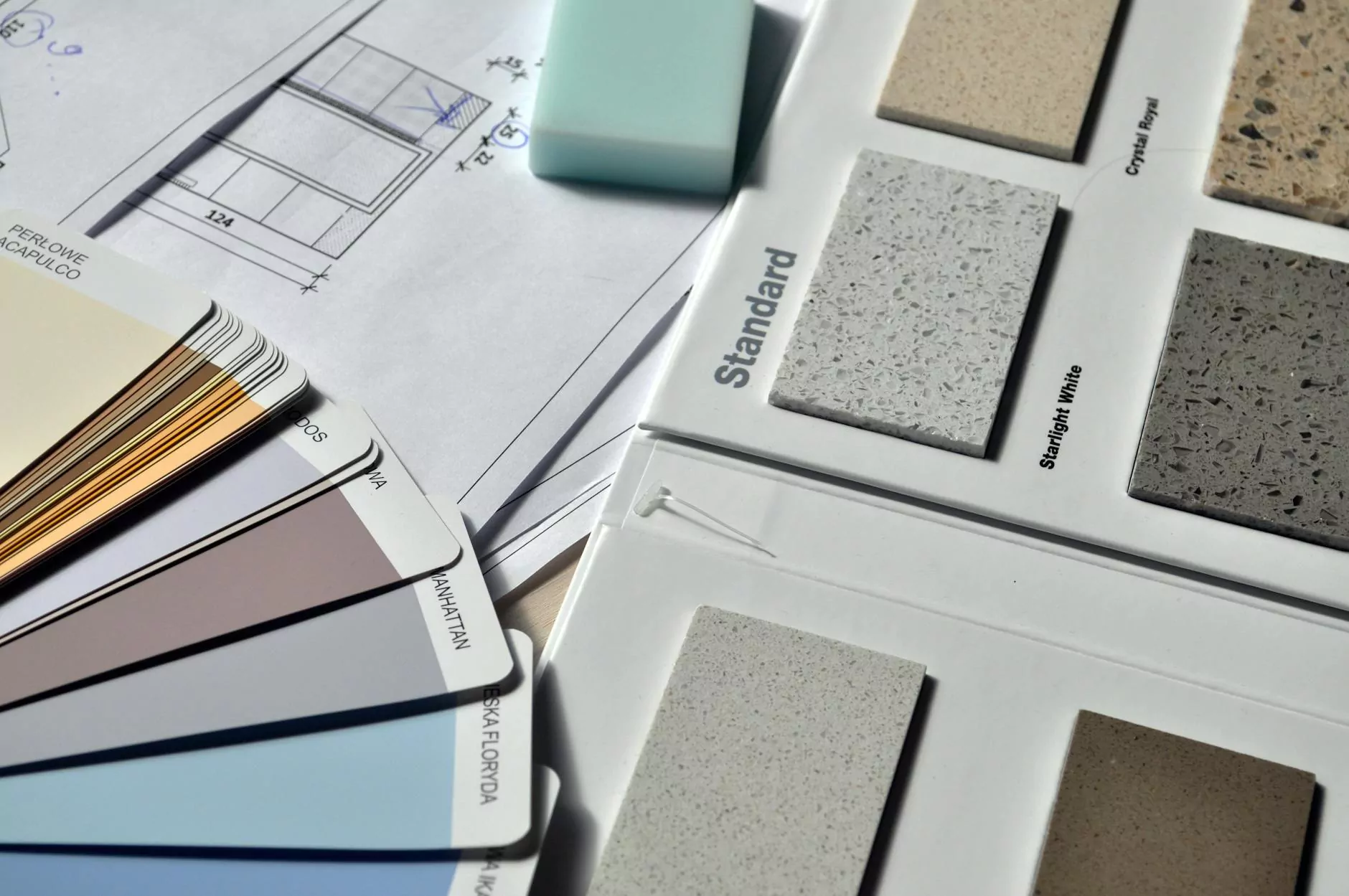How to Get Rid of Common Garden Pests

Gardening is a wonderful and rewarding hobby, but it can quickly become frustrating when your plants are attacked by pests. Common garden pests can cause significant damage to your plants, leading to stunted growth, wilting, and even death. However, with the right knowledge and strategies, you can effectively eliminate these pests from your garden and protect your precious plants.
Identifying Common Garden Pests
Before diving into pest control methods, it's crucial to be able to identify the pests that are causing havoc in your garden. Here are some common garden pests you may encounter:
- Aphids: These small, soft-bodied insects feed on plant sap, causing distorted growth and transmitting diseases.
- Slugs and Snails: These slimy creatures can devour young seedlings and leaves, leaving behind holes in your plants.
- Caterpillars: Caterpillars can chew through leaves and flowers, leading to severe damage if left unchecked.
- Spider Mites: These tiny pests suck the sap out of plants, resulting in yellow leaves and fine webbing.
- Whiteflies: Whiteflies can weaken plants by sucking their sap and transmitting viral diseases.
- Beetles: Beetles can munch on leaves, flowers, and fruits, causing extensive damage in a short period.
Effective Pest Control Methods
1. Organic Pest Control
If you prefer environmentally friendly solutions, organic pest control methods can effectively manage common garden pests. Here are some techniques you can employ:
- Handpicking: Pick off pests such as slugs, snails, and caterpillars from your plants manually. Ensure you dispose of them properly.
- Companion Planting: Planting pest-repellent plants like marigolds, basil, and lavender can deter pests from infesting your garden.
- Organic Insecticides: Utilize natural insecticides derived from neem oil, garlic, or soap to control aphids, whiteflies, and other harmful insects.
- Biological Control: Introduce beneficial insects like ladybugs and praying mantises that feed on garden pests.
2. Chemical Pest Control
In certain situations, chemical pest control may be necessary to eliminate stubborn infestations. However, it is essential to use these methods responsibly to minimize harm to the environment and beneficial insects. Consult with a professional or follow the product instructions carefully.
3. Physical Pest Control
Employing physical barriers can help protect your plants from pests. Screens Unlimited offers a range of high-quality garden screens and nettings that act as a protective shield, preventing pests from accessing your plants. These screens are designed specifically to keep pests out while allowing sunlight, air, and water to reach your plants.
The Importance of Early Detection
Early detection of garden pests is crucial to prevent widespread damage to your plants. Regularly inspect your plants for signs of infestation, such as holes, chewed leaves, webbing, or stunted growth. By catching and addressing the problem early on, you can save yourself a lot of trouble in the long run and protect the health of your garden.
Maintaining a Healthy Garden
Keeping your garden healthy and well-maintained is essential for preventing pest infestations. Here are some tips:
- Proper Watering: Water your plants at the base to avoid attracting pests to wet foliage. Avoid overwatering, as it can promote fungal diseases.
- Weed Control: Regularly remove weeds from your garden, as they can provide shelter and food sources for pests.
- Cleanliness: Keep your garden clean and remove plant debris to discourage pests from taking refuge.
- Nutrient Balance: Ensure your plants receive balanced nutrition to keep them strong and resilient against pest attacks.
By following these practices and implementing effective pest control strategies, you can maintain a thriving and pest-free garden. Screens Unlimited is committed to helping you protect your plants with our top-notch garden screens and nettings. Take control of your garden and bid farewell to common garden pests!









